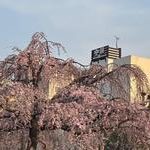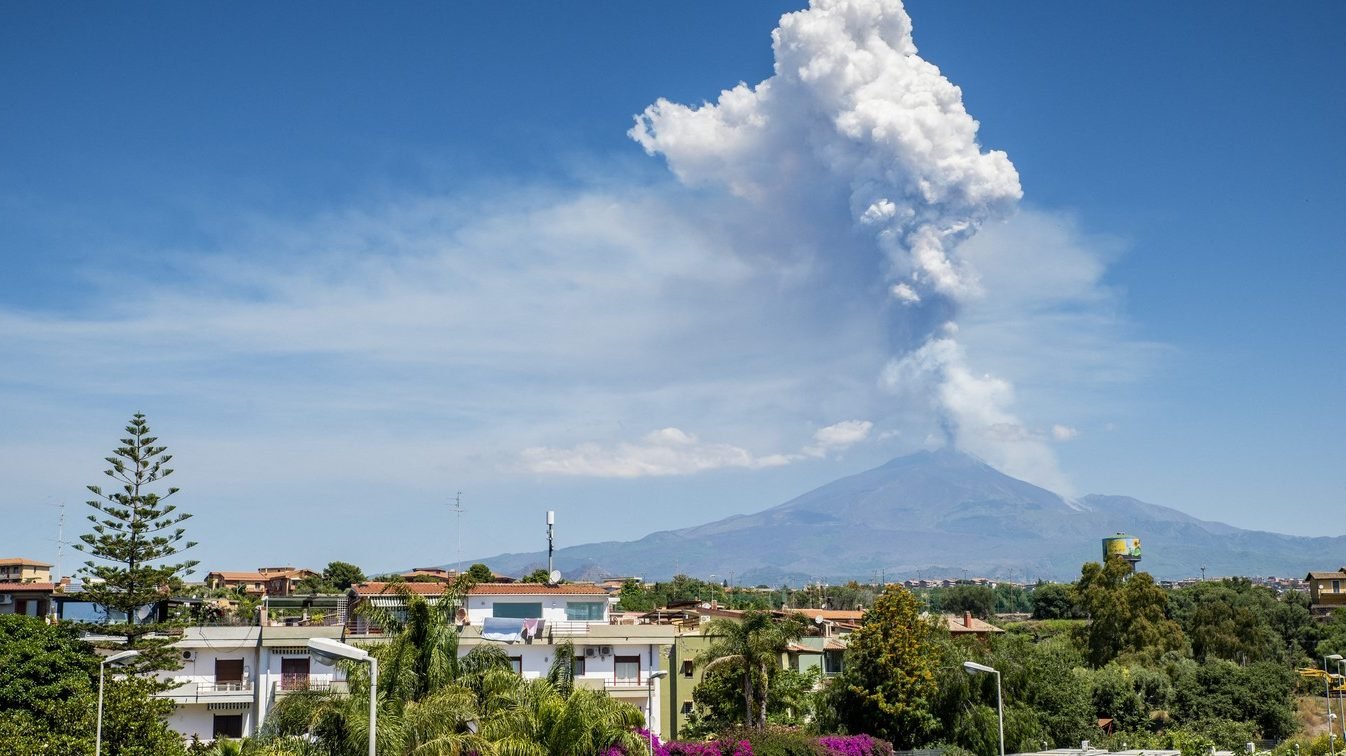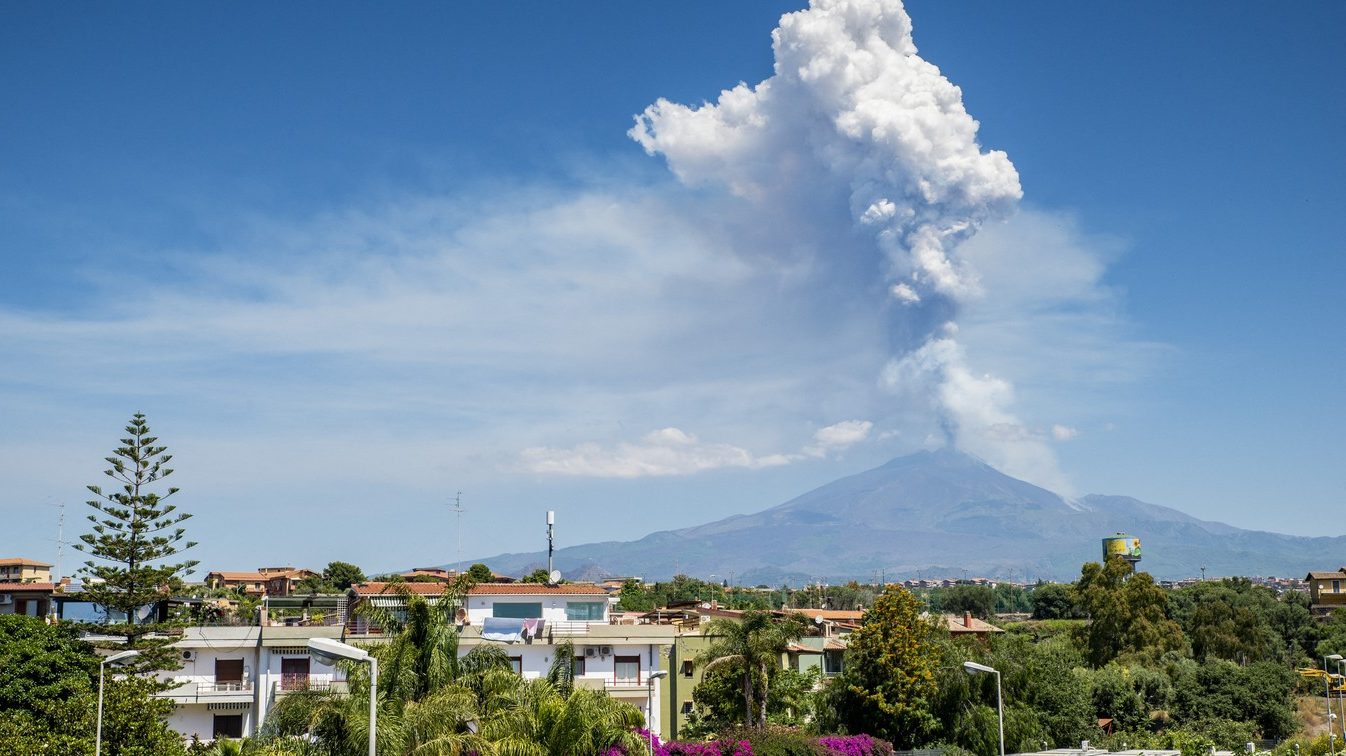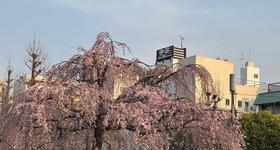Following a strong eruption of Mount Etna in Sicily, a cloud of volcanic ash spread across the Mediterranean and reached the Balkans. Meteorologists emphasize that there is no cause for concern regarding air quality at ground level, as the pollutant particles mainly remain in the higher layers of the atmosphere. Although sulfur dioxide concentrations are high at higher altitudes, they are expected to gradually decrease. Media coverage highlights that the eruption has not significantly affected air quality in the Balkans, but caution is advised in air traffic. The topic is reported differently across the political spectrum: left-leaning media focus on scientific facts and reducing panic, centrist media report objectively with an emphasis on safety, while right-leaning media sometimes highlight potential risks and criticize authorities for allegedly insufficient public information.
Political Perspectives:
Left: Left-leaning media emphasize scientific explanations and meteorological data, aiming to reduce public panic by reassuring that the volcanic ash cloud remains mostly in higher atmospheric layers and does not significantly affect air quality at ground level. They focus on expert opinions and the natural phenomenon aspect.
Center: Centrist media provide balanced and factual reporting, highlighting both the scientific data and safety precautions. They stress the importance of monitoring air quality and advise caution in air traffic without sensationalizing the event.
Right: Right-leaning media tend to emphasize potential risks and uncertainties, sometimes criticizing authorities for not providing enough information or preparedness. They may highlight the possible negative impacts on health and environment, appealing to public concern.











